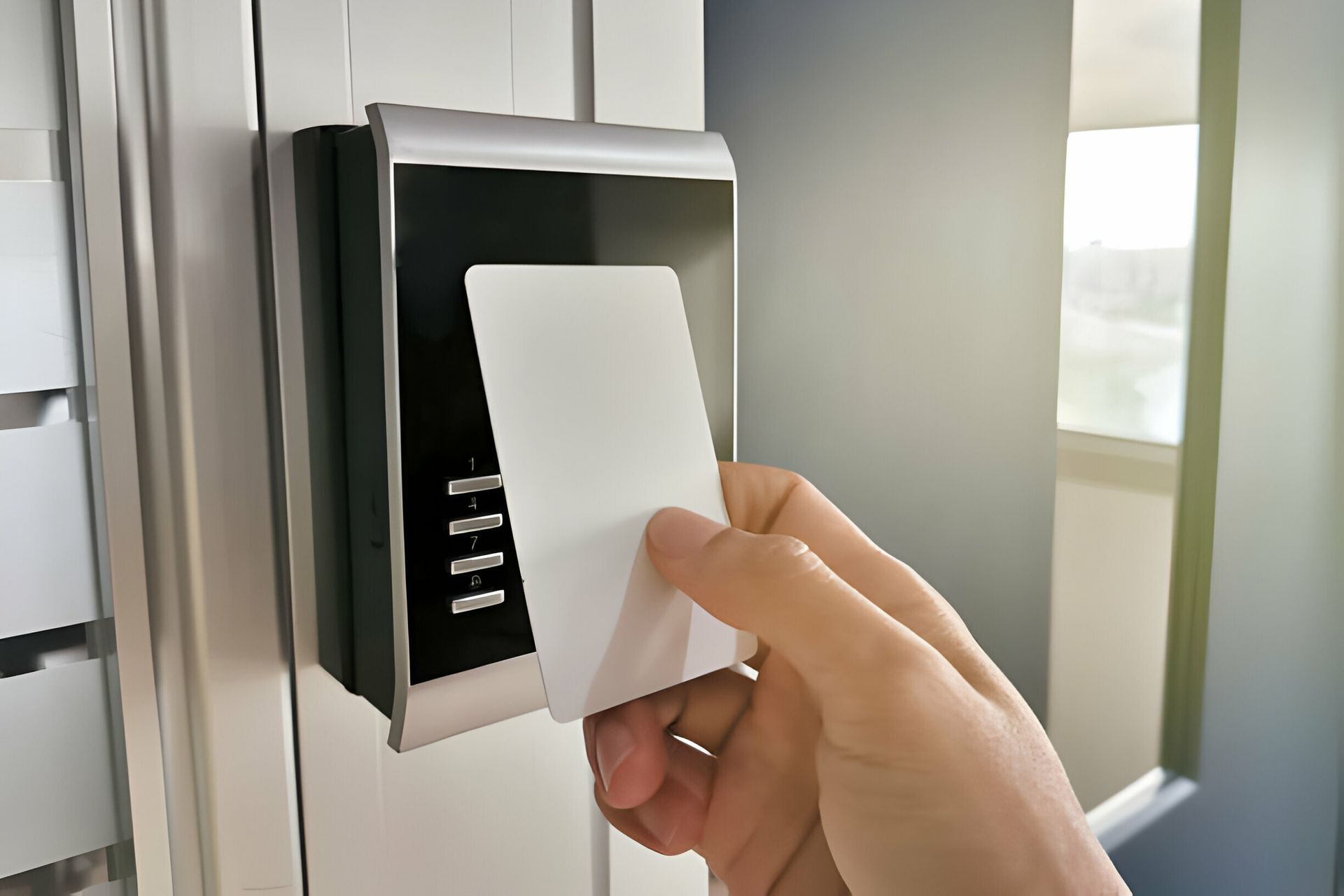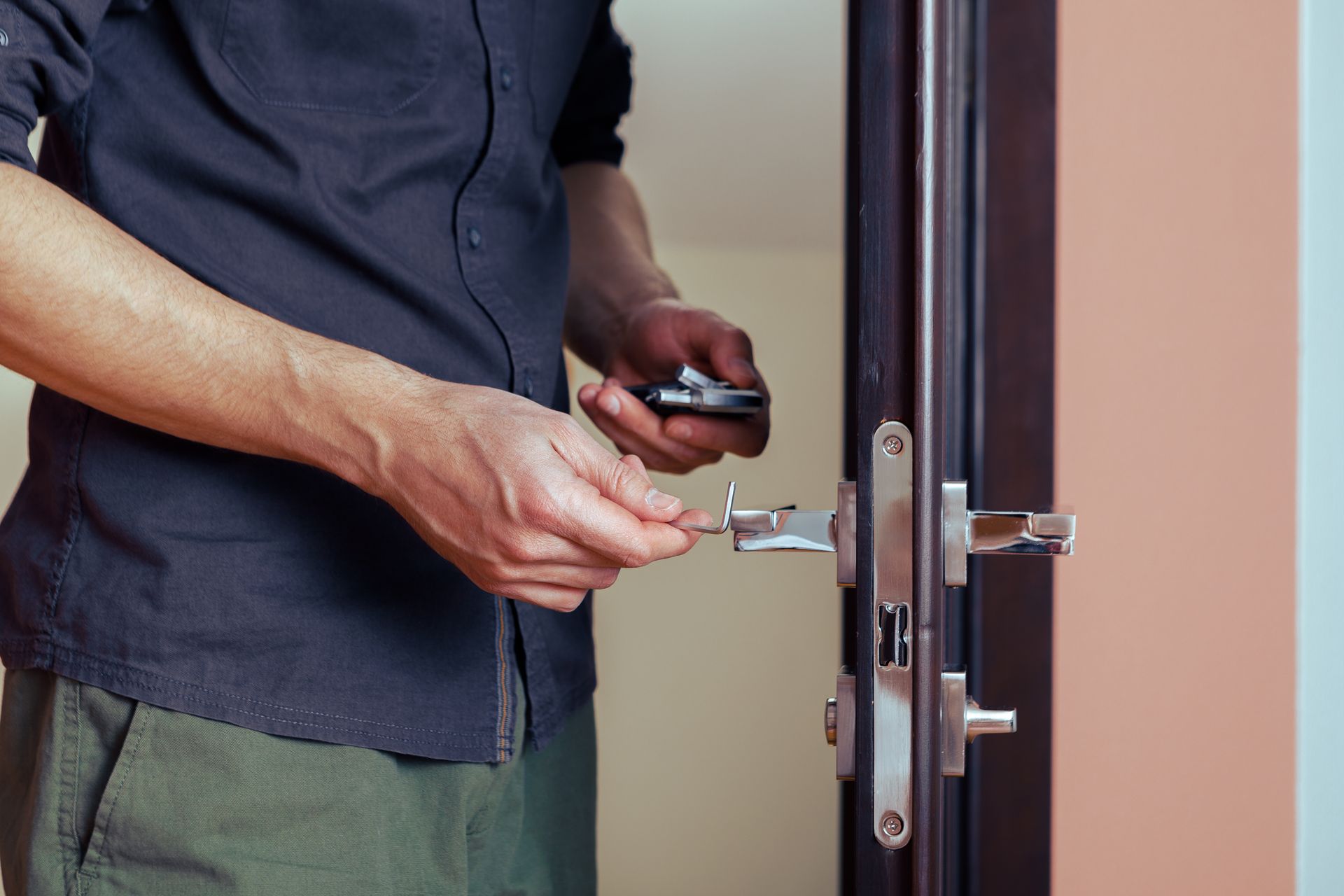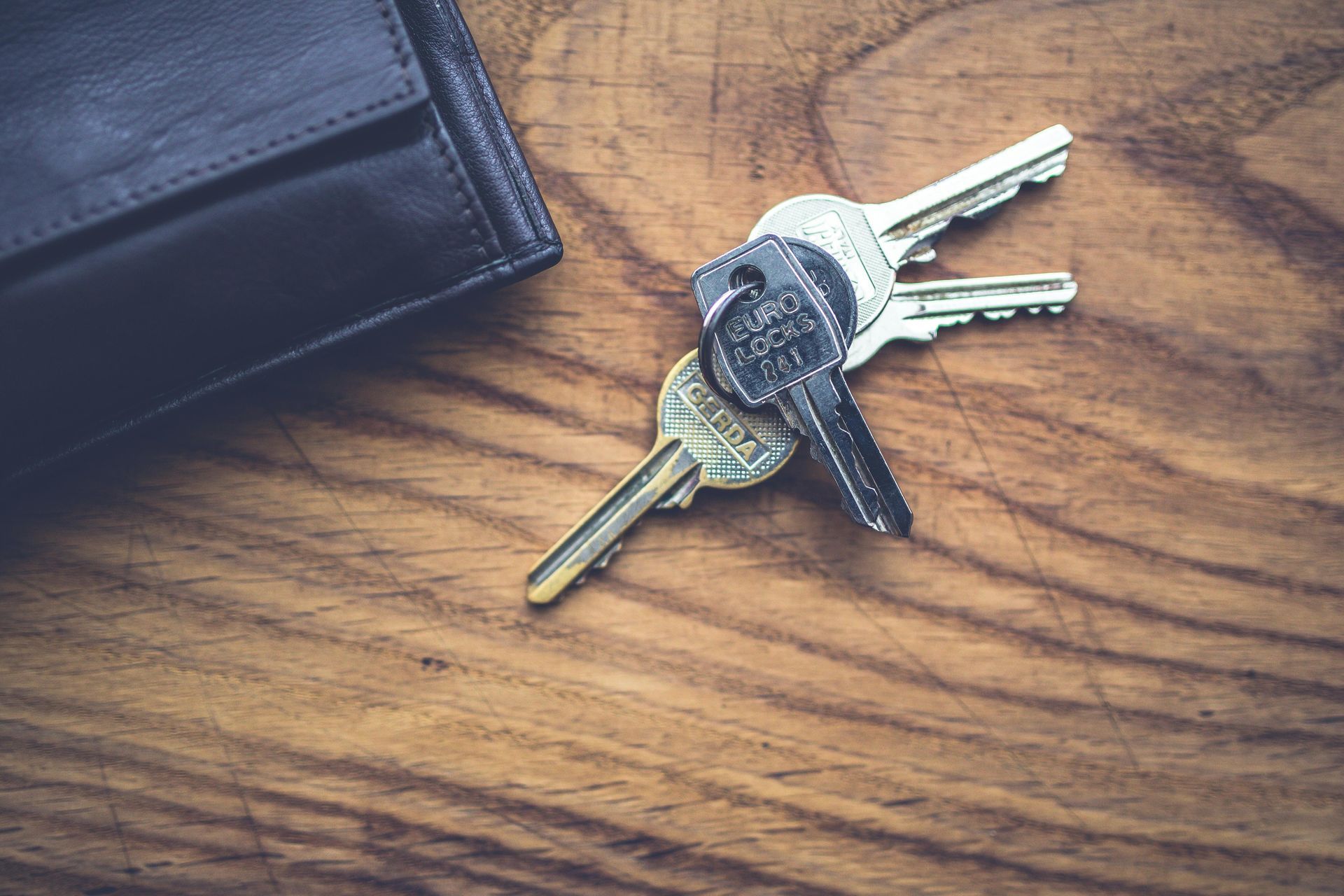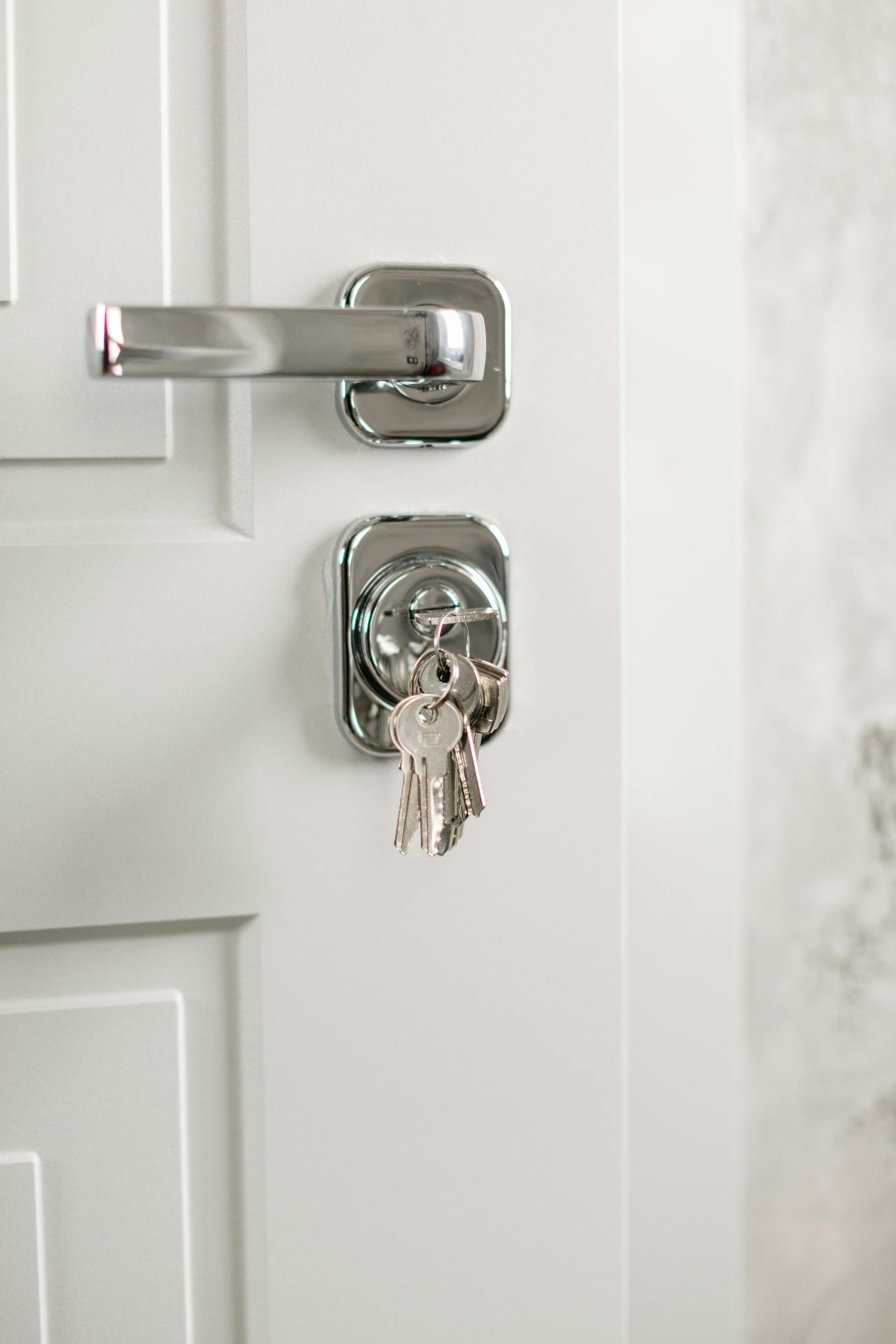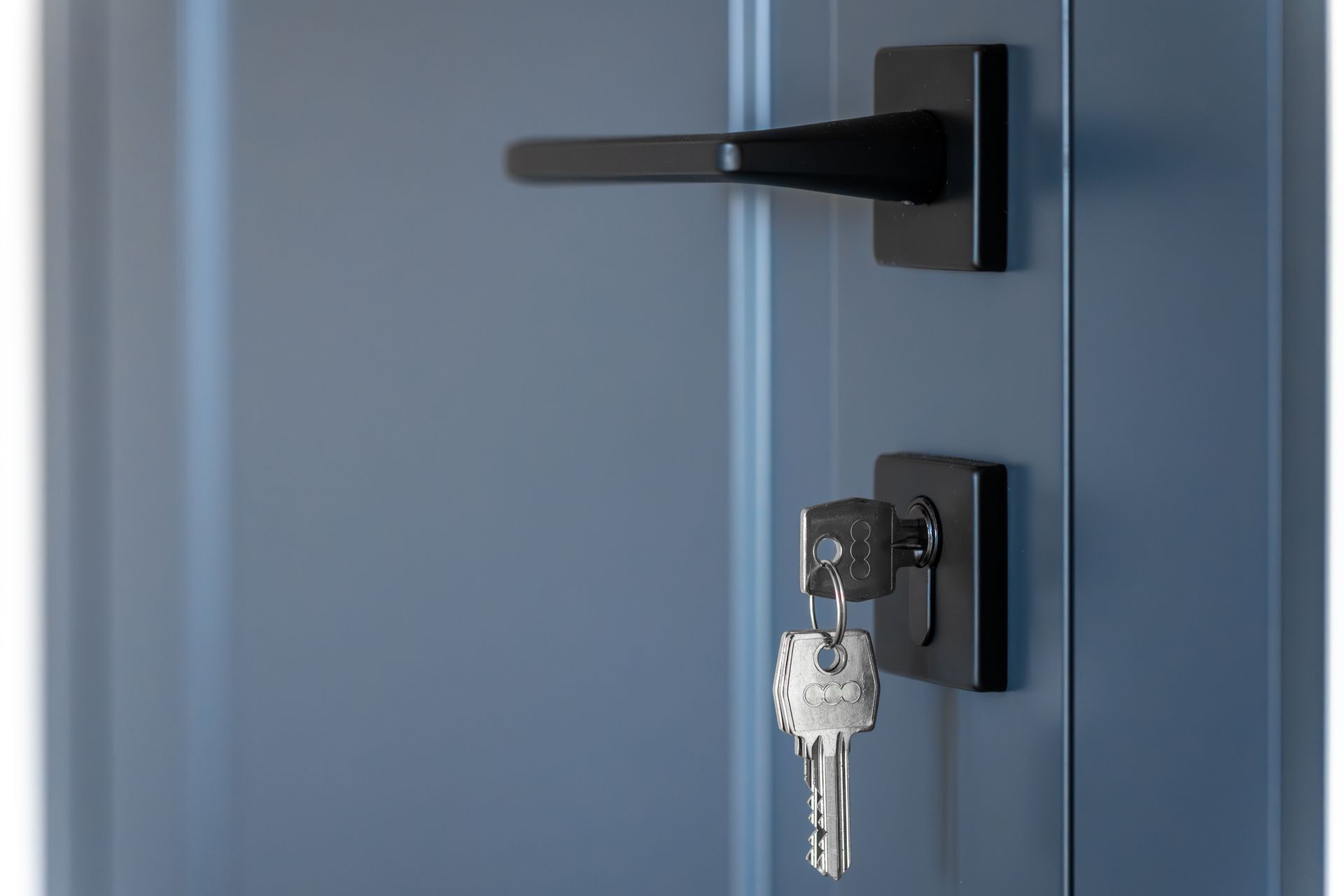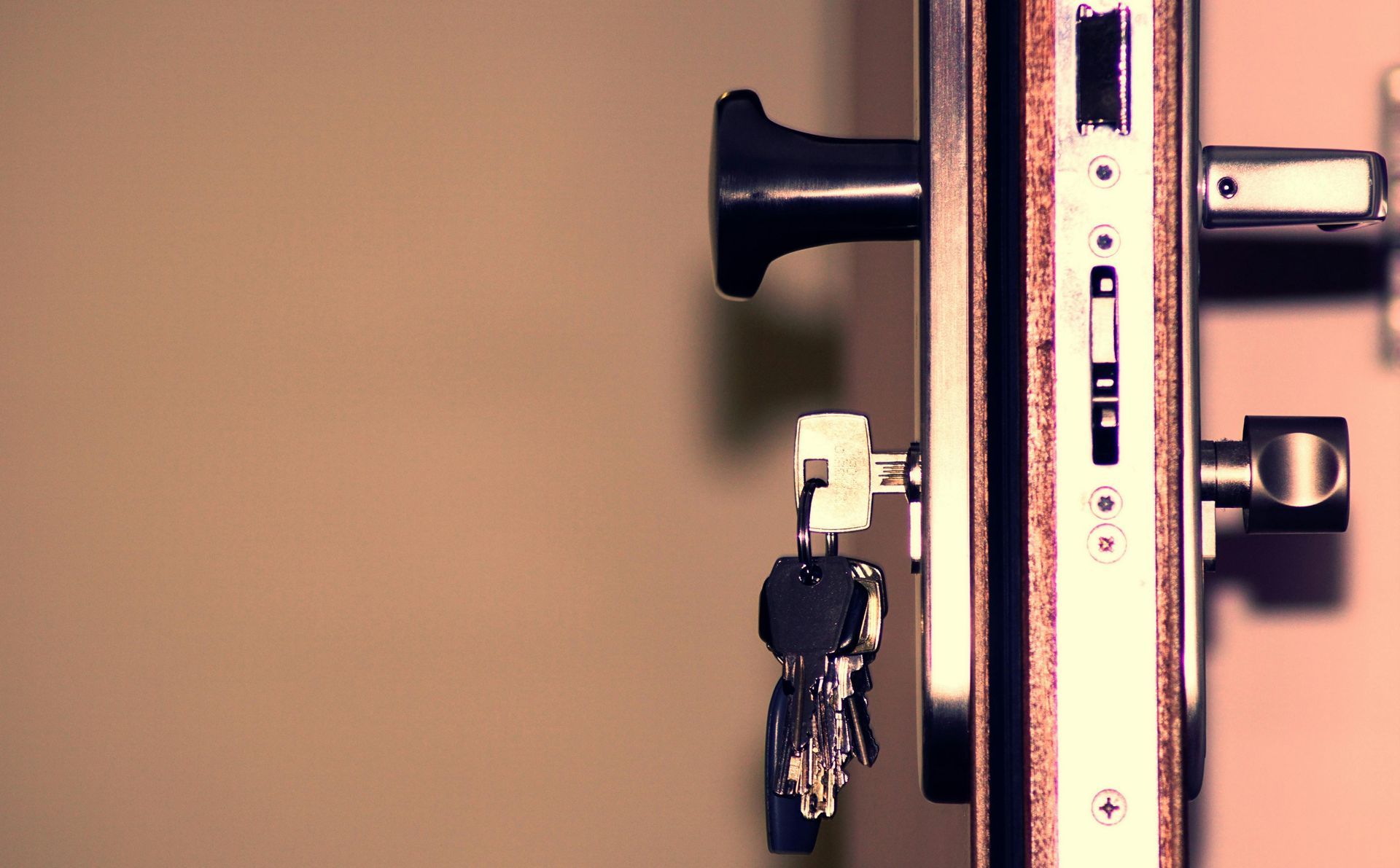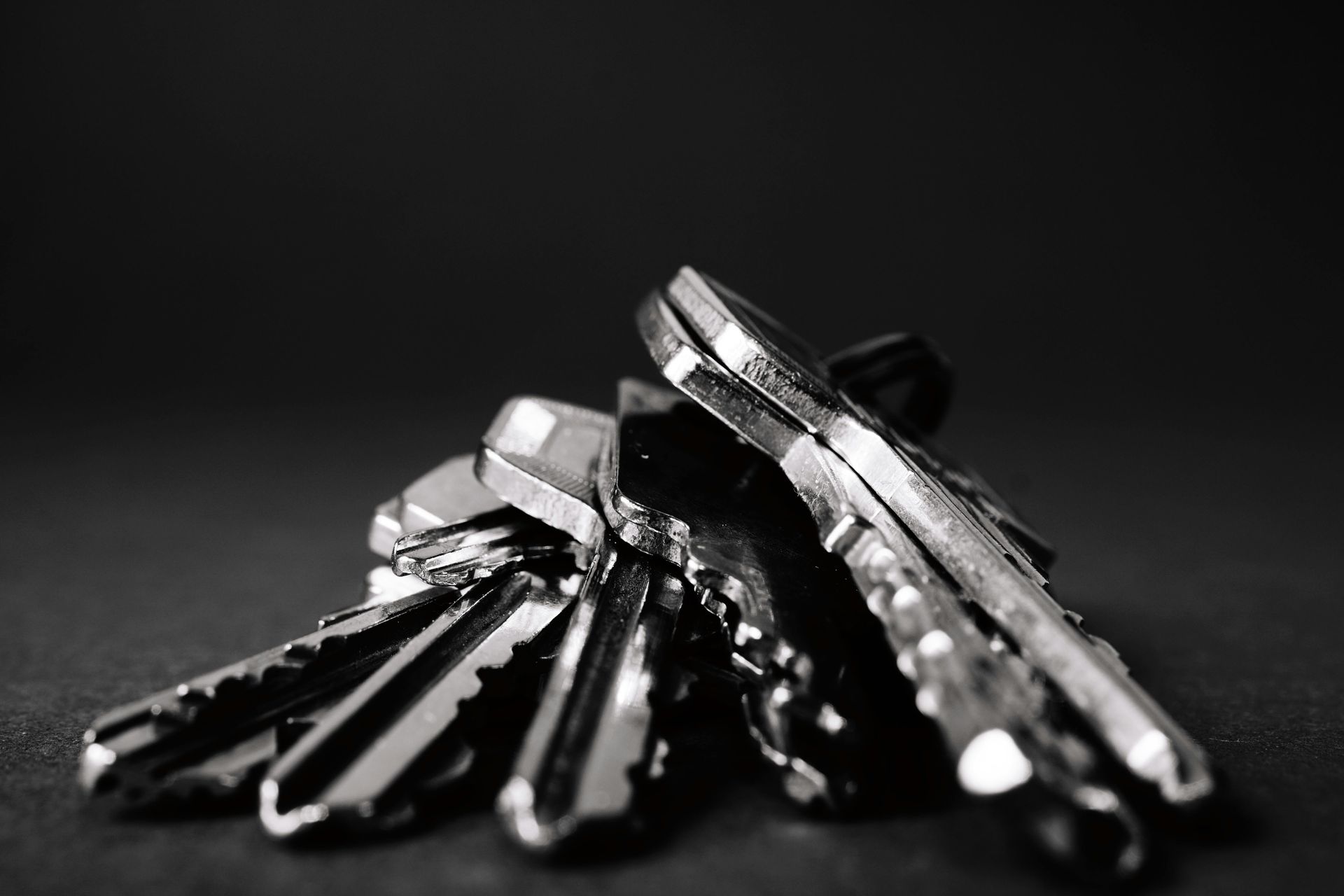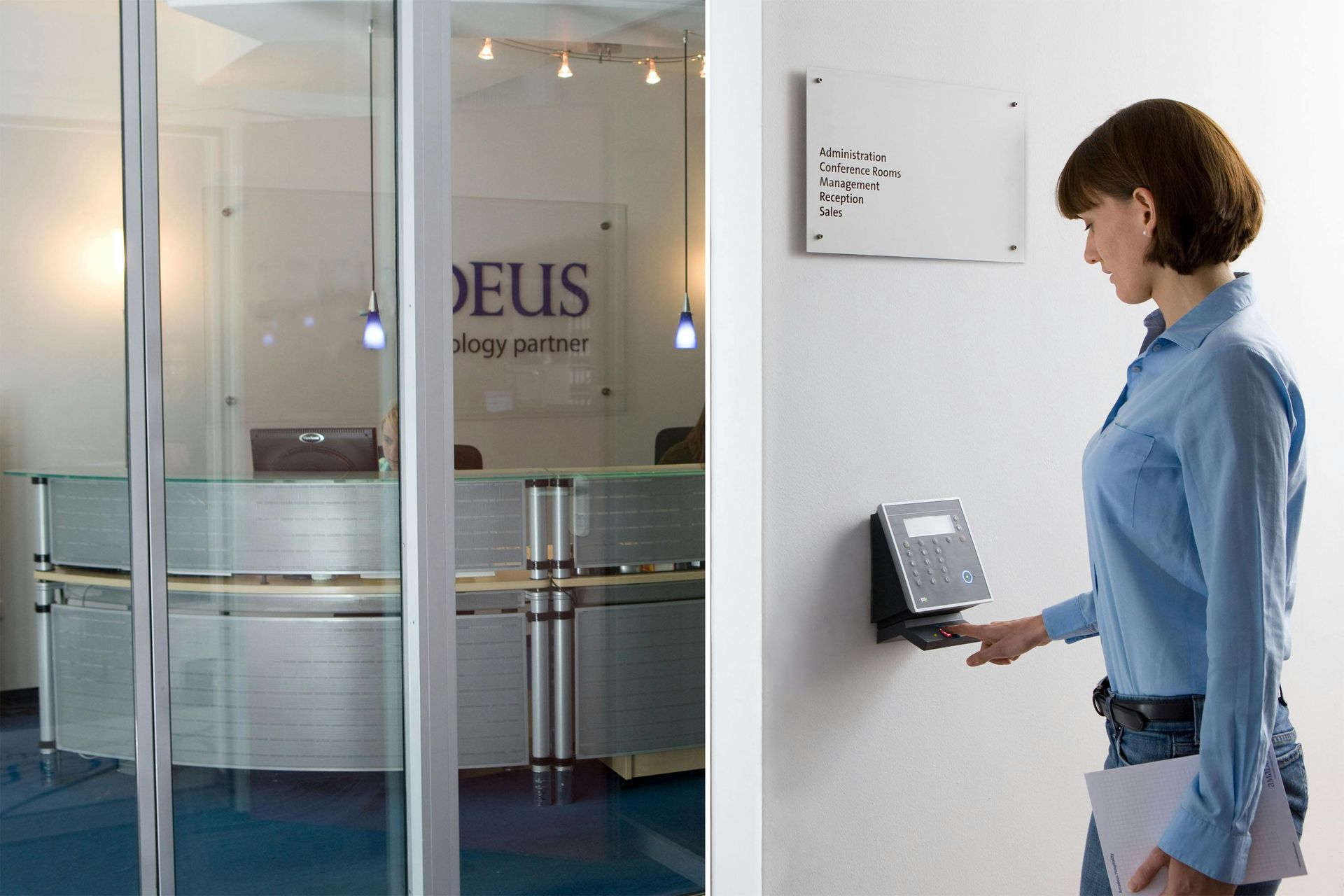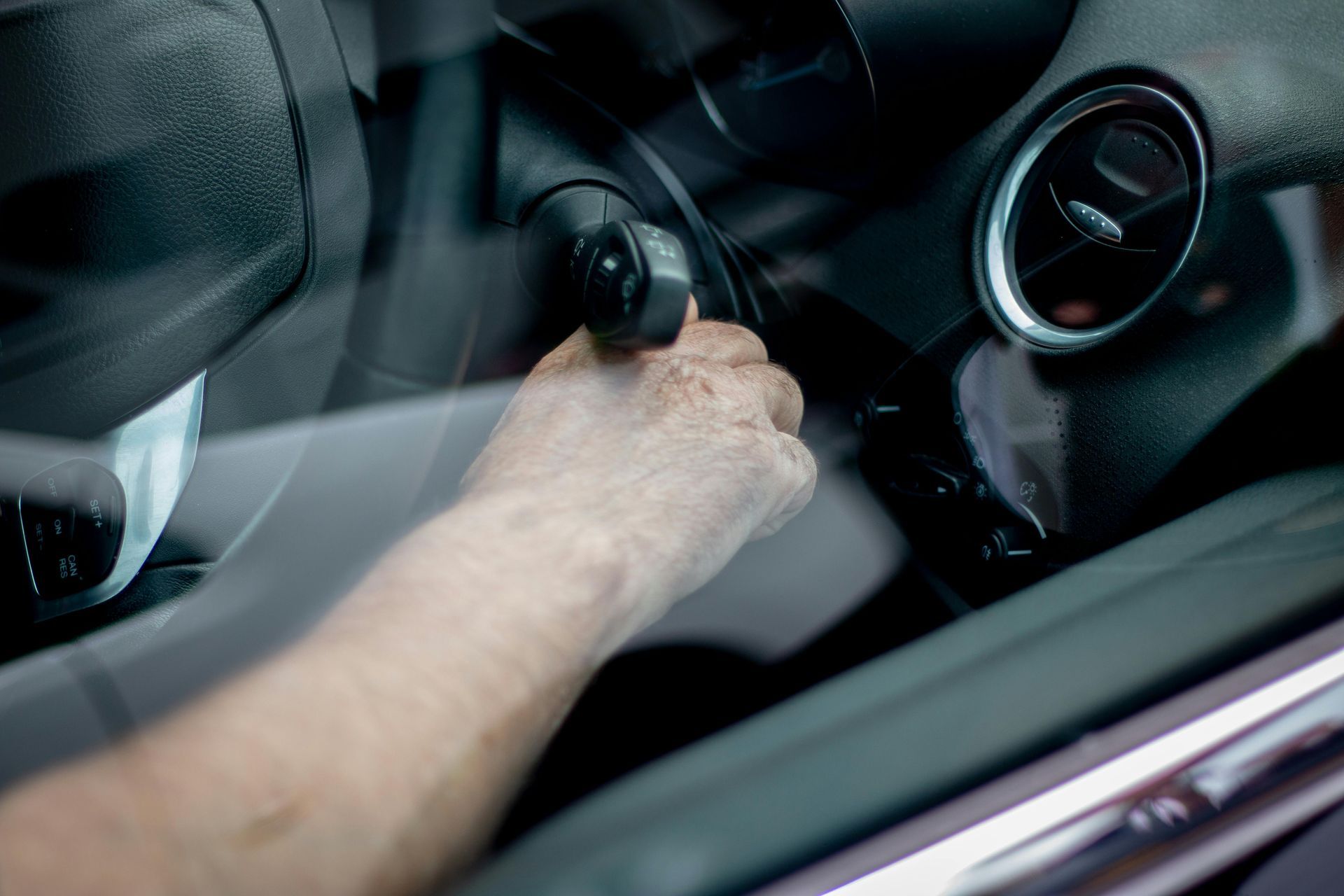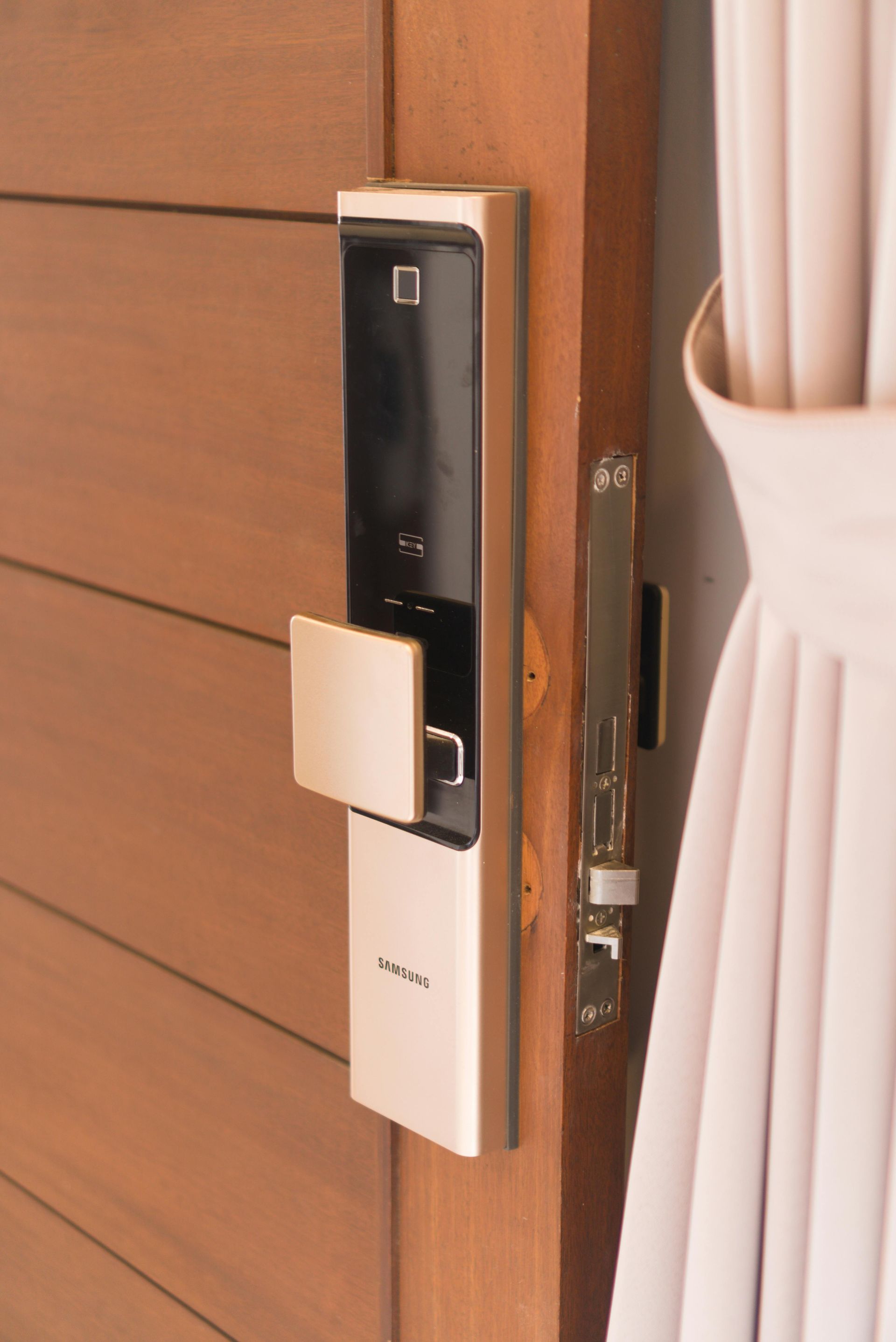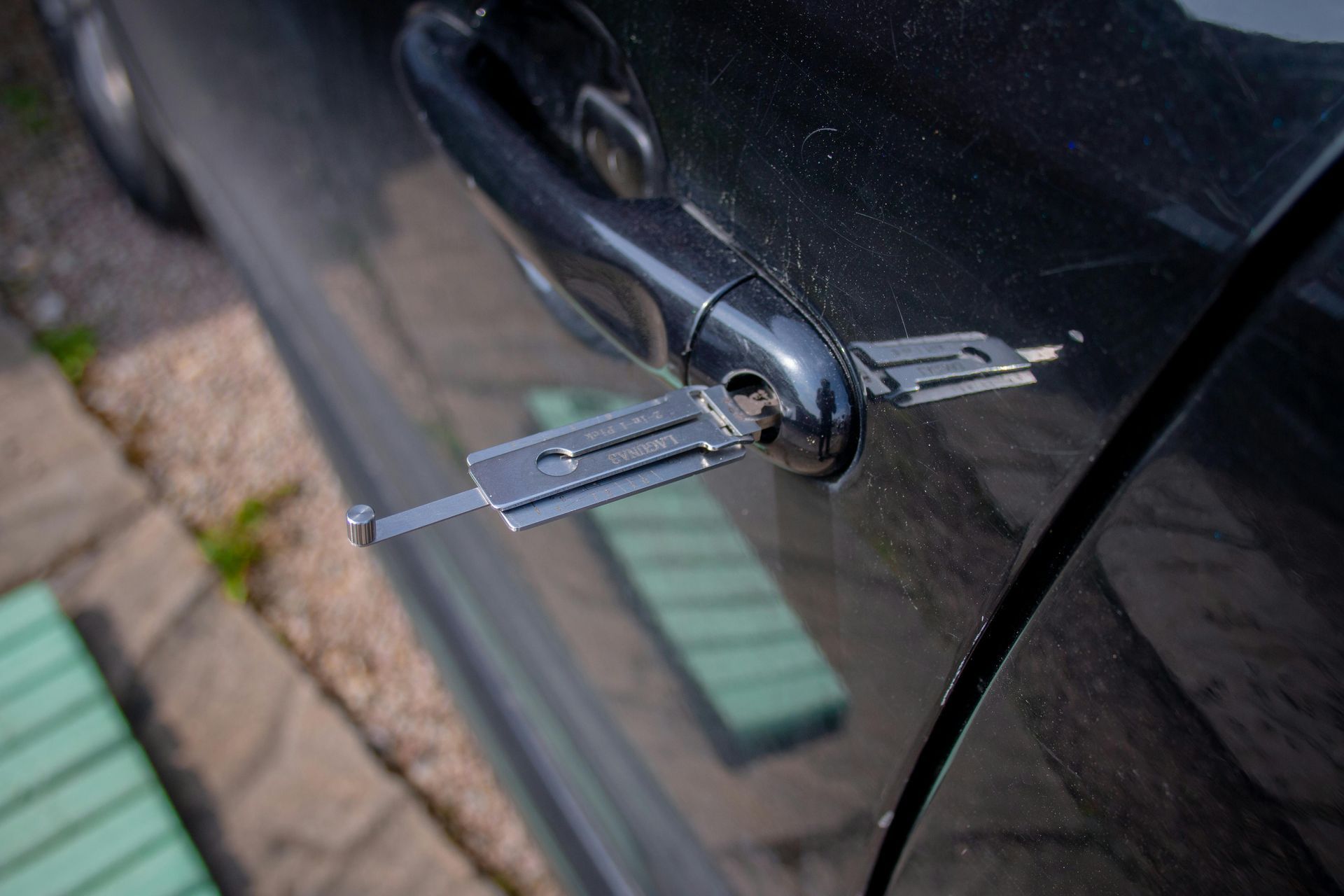Rekeying Locks: When and Why It's Necessary
As a homeowner, business owner, or tenant, maintaining the security of your property is paramount. One of the fundamental ways to ensure this security is by having control over who has access to your premises. Rekeying your locks is a vital part of this control. At About Time Locksmith, we understand the importance of security, and we offer expert rekeying services to the Montgomery, AL community. Here’s an in-depth look into when and why rekeying your locks is necessary.
What is Rekeying?
Rekeying a lock involves changing the internal components of the lock mechanism so that it can be operated by a new key. The old key will no longer work with the rekeyed lock. This process is different from replacing the entire lock, as rekeying is typically quicker, more cost-effective, and just as secure when done correctly.
The Process of Rekeying
Rekeying is a specialized service that should be performed by a professional locksmith. Here’s a brief overview of the steps involved:
- Disassembling the Lock: The locksmith will first remove the lock cylinder from the door.
- Replacing the Pins: Inside the lock cylinder are pins of different lengths. The locksmith will replace these with a new set that corresponds to the cuts on a new key.
- Reassembling the Lock: Once the pins are replaced, the locksmith reassembles the lock and tests it with the new key to ensure it operates smoothly.
When Should You Rekey Your Locks?
Knowing when to rekey your locks is crucial for maintaining your property’s security. Here are some situations where rekeying is not just advisable but necessary:
Moving into a New Home
When you move into a new home, you can never be sure who has copies of the existing keys. Previous homeowners, real estate agents, contractors, and even neighbors might have keys to your new residence. Rekeying the locks immediately after moving in ensures that only you and your trusted family members have access to your home.
After Losing Your Keys
Losing your keys can be a stressful experience, especially if you’re unsure where you lost them or who might find them. In such cases, it’s essential to rekey your locks as soon as possible. This proactive step prevents potential intruders from using your lost keys to gain access to your property.
Following a Break-In
If your home or business has been broken into, it’s a clear signal that your security has been compromised. Even if the intruder did not use a key, it’s wise to rekey your locks. The intruder may have taken a spare key or may return at a later date. Rekeying your locks provides an added layer of security and peace of mind after such a traumatic event.
Changing Roommates or Tenants
Whether you’re a landlord or living in a shared space, the coming and going of roommates or tenants necessitates rekeying the locks. When a tenant moves out, they might still have a copy of the key. Rekeying ensures that the new tenant has exclusive access, protecting your property and the new resident’s belongings.
Upgrading Your Security
Sometimes, rekeying is part of a broader strategy to enhance your property’s security. If you’ve recently upgraded your security system, it makes sense to rekey your locks to ensure that all aspects of your security are up to date and effective.
Why Rekeying is a Smart Choice
Rekeying your locks offers several advantages that make it a smart choice for property owners:
Cost-Effective Security
Rekeying is generally less expensive than replacing all your locks, especially if you have multiple locks to change. You retain the existing hardware, and only the internal mechanism is altered.
Convenience
If you have multiple locks in your home or business, rekeying can be done so that you only need one key for all of them. This reduces the hassle of carrying around multiple keys and simplifies access.
Enhanced Control
Rekeying ensures that only authorized individuals have access to your property. By ensuring that only new keys work, you eliminate the risk posed by lost or unaccounted-for keys.
Quick and Efficient
Rekeying is a relatively quick process that can often be completed in one visit by a professional locksmith. This means minimal disruption to your routine and swift improvement in your security.
Choosing the Right Locksmith
When selecting a locksmith for rekeying services, it's important to consider factors such as:
- Experience and Expertise: Look for a locksmith with a proven track record and expertise in rekeying various types of locks.
- Licensing and Insurance: Choose a locksmith who is licensed and insured to protect both you and your property.
- Reputation: Read reviews to get an idea of the locksmith's quality of work.
- Emergency Services: If you need immediate assistance, choose a locksmith that offers 24/7 emergency services.
Contact About Time Locksmith in Montgomery, AL, for Professional Rekeying
About Time Locksmith in Montgomery, AL, is your trusted partner for all your locksmith needs, including rekeying locks. With our expertise and commitment to customer satisfaction, we can provide you with reliable and efficient services such as key replacement, lock repair, lock installation, car keys, and more.
Contact us today at
(334) 868-5628 to schedule a rekeying appointment or to discuss your other locksmith requirements.
FAQ
How does rekeying compare to swapping out old locks for new ones?
Rekeying involves changing the internal pins of the existing lock so that it can be operated by a new key, without replacing the entire lock hardware. Replacing locks means taking out the old ones and putting in new ones.
How long does the rekeying process take?
The rekeying process is relatively quick and usually takes about 10-15 minutes per lock, depending on the complexity of the lock.
Can I rekey the locks myself?
While it’s possible to purchase rekeying kits, it’s recommended to have a professional locksmith perform the rekeying to ensure it’s done correctly and securely.
Is rekeying cheaper than replacing locks?
Yes, rekeying is generally less expensive than replacing locks because it requires less hardware and labor.
Will my old key still work after rekeying?
No, after rekeying, the old key will no longer work with the rekeyed lock. Only the new key will work in the lock.
